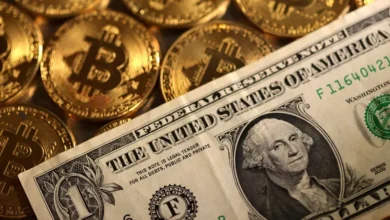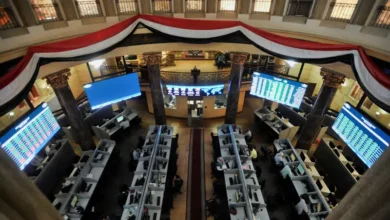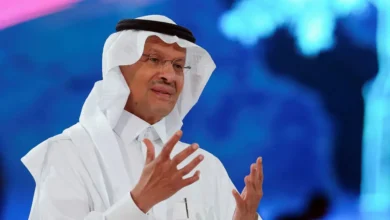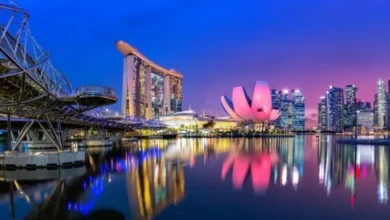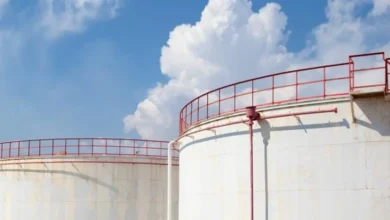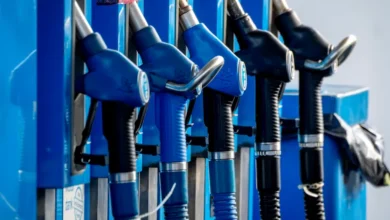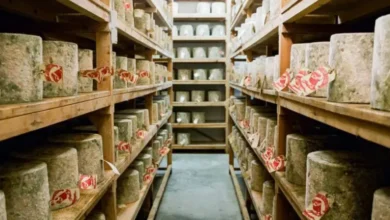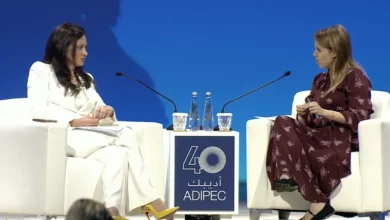Bahrain’s economic growth hits fastest in almost a decade, fueled by non-oil sector
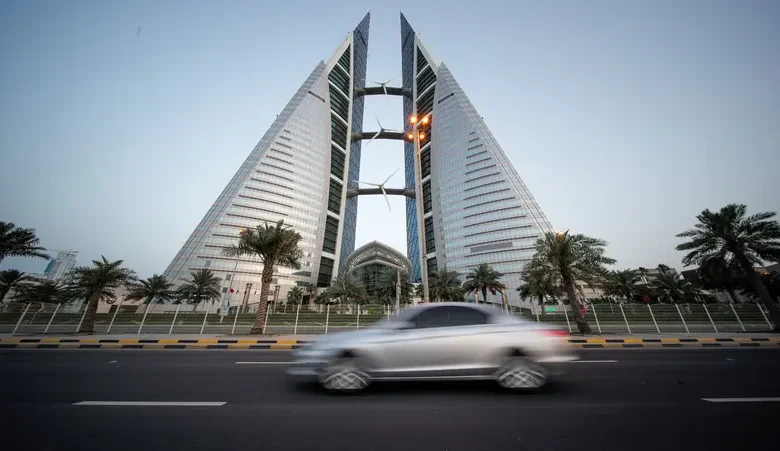
Bahrain’s economy grew at the fastest pace since 2013 last year, fueled by an acceleration in non-oil growth, according to preliminary government data.
Overall economic output grew nearly 5 percent, driven by 6.2 per-cent growth in the non-oil sector, higher than anticipated by the government’s recovery plan launched in 2021 in response to the coronavirus pandemic. Hotels and restaurants led growth in the non-oil sector, followed by government services and then real estate.
The oil economy shrunk 1.4 percent last year according to the fi-nance ministry, as a result of a decline in production. Higher oil prices have helped neighboring Saudi Arabia become one of the world’s fastest growing economies.
This year, the Gulf state’s economy is seen growing nearly 3 percent, in line with estimates from the International Monetary Fund, with no growth seen in oil GDP.
Bahrain still relies heavily on energy prices to help balance the budget due to its high debt levels. The IMF estimates the oil price needed for Bahrain to balance its budget is $122 per barrel this year, the highest among neighbors and way below current levels.
The country pushed back a target of balancing the budget by two years to 2024 in response to the economic impact of the pandemic.
The IMF is forecasting Bahrain will report a deficit of 6 percent of gross domestic product this year.
